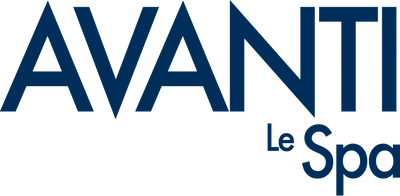Do You Need A Makeup Course To Be A Professional Makeup Artist?
Many beauty lovers, as they grow up, spend much of their time learning how to apply makeup to their own face so that by the time they reach adulthood, they have perfected a makeup look and routine that and enhances their own face and personal style. The growing accessibility of makeup and beauty-related content through social media and streaming has made it possible for just about anybody to become a self-proclaimed makeup artist. This leaves us begging the question… If everything is available online, what value does a makeup course offer to a future makeup artist?
More to Being a Makeup Artist…
While online tutorial videos are sufficient to understand a variety of makeup looks, there is more to being a makeup artist than turning out a perfect smokey eye. Whether you are doing a bridal makeup or creating a spooky Halloween look, your client’s comfort and well-being should be your top priority. This requires a certain level of professionalism that is best taught by someone who has worked in the makeup industry and can share their experiences with you. Learning on your own can be quite isolating.
In a makeup course, you are surrounded by like-minded people with whom you can engage in a knowledge exchange. Learning from not only your instructors but also your peers expands your range of abilities and techniques, which is not something that is available to you as a self-taught artist. When it comes to makeup, what they say is true – practice really does make perfect. By taking a makeup course, you are putting yourself in a hands-on environment with ample time and space to perfect your craft.
Global Populations
We are lucky enough to live in a world where beauty is found in many different shapes, shades, and sizes. Because of the nature of makeup, those who are self-taught tend to learn how to do only one thing. Whether it is precise like a winged liner or more abstract like blending the perfect contour, they often practice only on their own face. These are valuable skills to have, of course, but these specific skills do not necessarily translate on to the faces of a larger, diverse, multicultural and global population. What looks good on one person may not suit the face of someone with a different eye shape, face shape, skin tone, eyebrow structure, and so on. In taking a makeup course, you will cultivate an understanding of the structure of different face shapes and skin tones, as well as how to use various techniques and colour theory to enhance your client’s features and showcase their beauty.
Trends/Looks vs. Demand/Technique
Like in fashion, beauty trends are fleeting – they are in a constant state of flux, and what is “in” today might be “out” tomorrow. Social media is the perfect place to see and promote fads, but these looks are not necessarily what is in demand in the real world. It is important for makeup artists to be adaptable to the changing world, but it is even more critical that they understand the fundamentals of classic makeup. The skills learned in a makeup course allow for makeup artists to comfortably offer a versatile range of abilities, from the most classic bridal look to the exploration of more funky and colourful palettes. Technique is not learned from teaching oneself how to do a specific look, it is the sum of dedication, guidance, and lots of practice.


